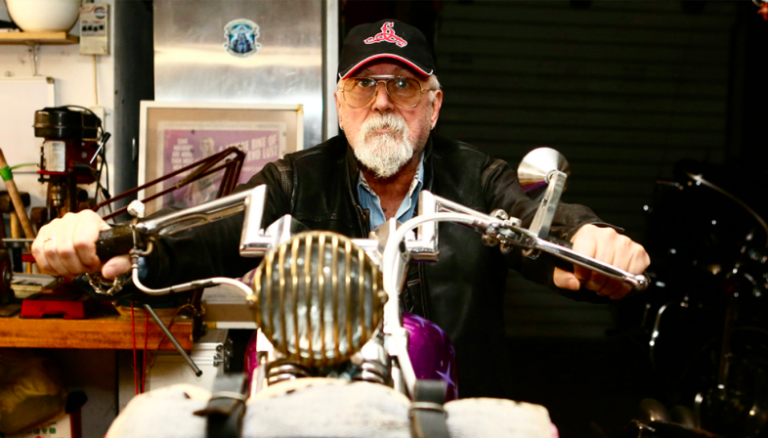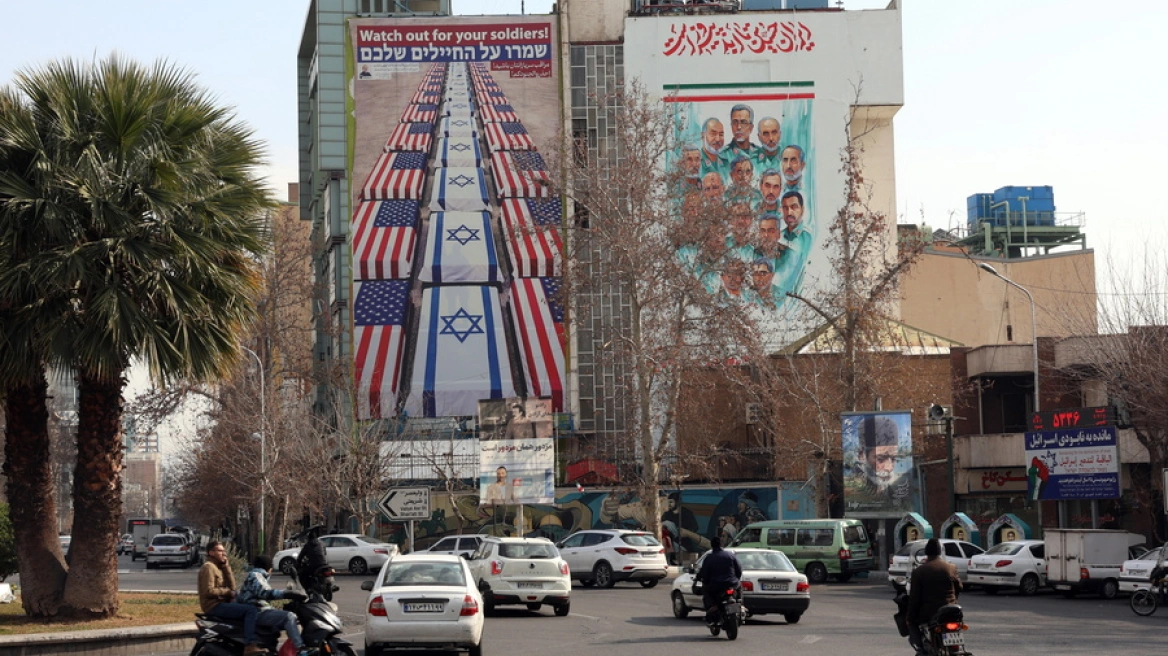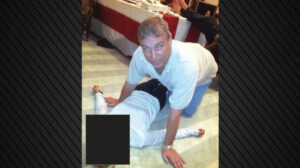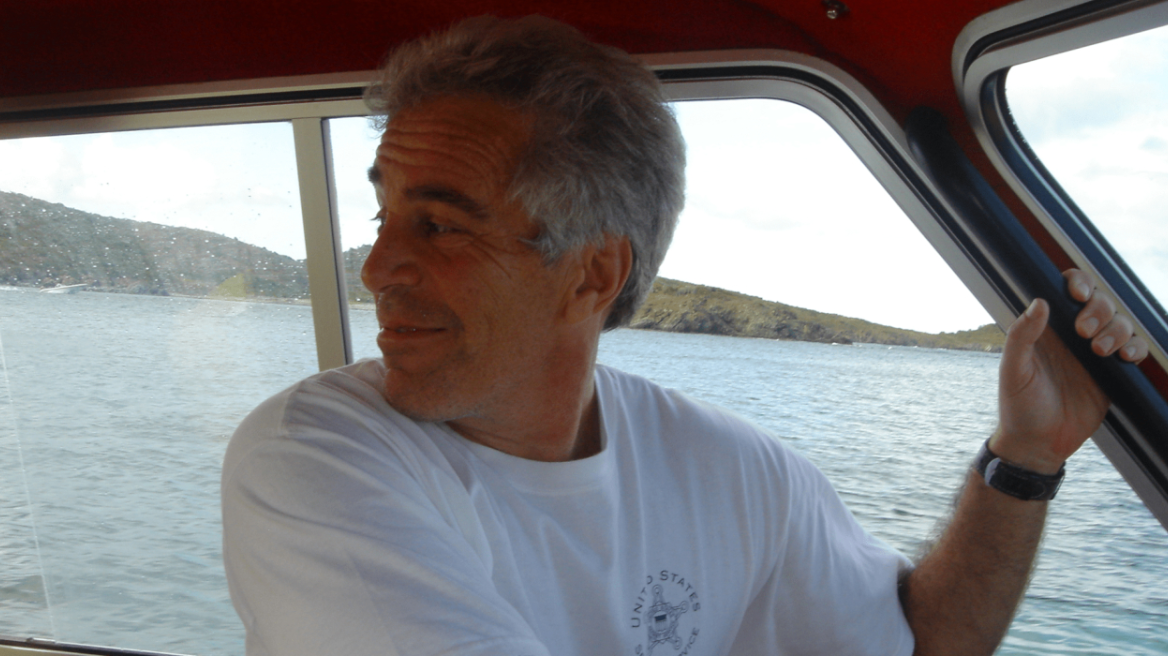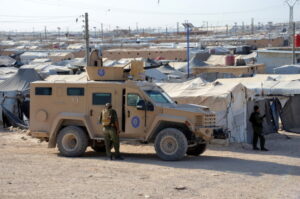The Hells Angels were founded in 1948 in California and are one of the most famous yet controversial motorcycle clubs worldwide. With their legendary Harley Davidsons, sense of freedom, and strict organizational structure, the Hells Angels represent not just a group of bikers but a way of life associated with independence and resistance to authority. However, their reputation is also linked to the darker side of lawlessness. Members have been accused at times of extortion, sexual exploitation, money laundering, drug trafficking, embezzlement, and document forgery.
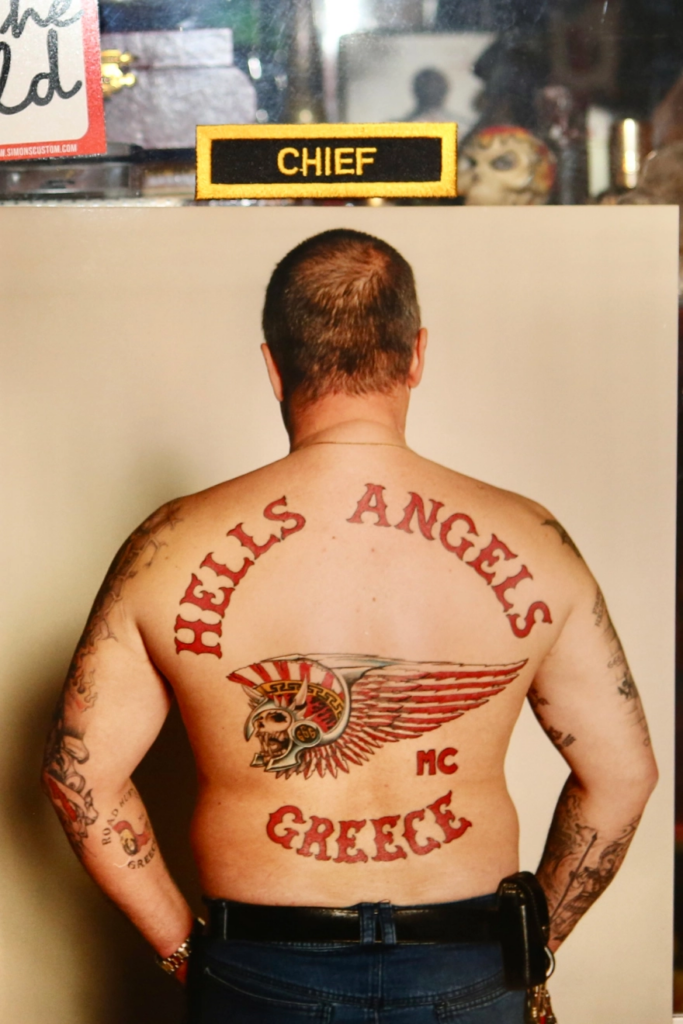
Similar incidents have been recorded in legal cases in Greece. On October 12, 2011, an explosion occurred at a tattoo studio in a shopping center on A. Metaxa Street in Glyfada, which police attributed to a feud between Hells Angels members. A year later, on November 20, 2012, a 31-year-old Greek-Canadian gang member involved in smuggling cocaine from Mexico to the US was found murdered in Charakas, Keratea. Evidence suggested he had been sedated, tied up, strangled, and burned.
In 2013, a 42-year-old club member was arrested in Athens’ southern suburbs for trafficking eight kilograms of cocaine. In November 2014, a bomb exploded at the Hells Angels clubhouse on Gortynias Street in the Skarpiza area of Koropi. During a subsequent police raid, bats, swords, and documents detailing the club’s internal operations were found. Firearms were seized from two members’ homes, and their owners were imprisoned.
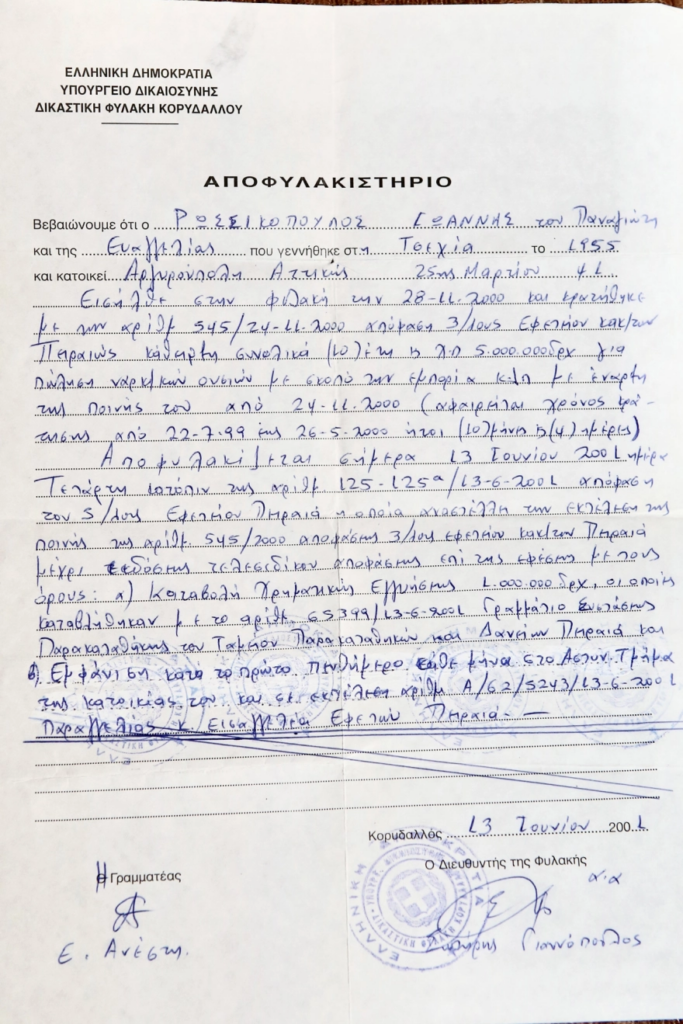
The club’s documentation described the steps to become a Hells Angels member. The first requirement was sponsorship by existing members. Candidates were then asked to prove themselves through minor offenses like theft and intimidation, eventually escalating to more serious acts. In the US, initiation practices reportedly included murder. Although such extreme measures have not been proven in Greece, authorities knew the club operated with similarly strict structures.
Hells Angels in Greece
The name Hells Angels became synonymous in Greece with Yiannis Rossikopoulos, also known as “Chief.” A prominent figure of the 1990s, he brought the Hells Angels to Greece, organizing them in a way that mirrored the club’s international culture. He recounts his life, filled with extreme experiences, nonconformity, and defiance, to protothema.gr.
From his teenage years, watching Hells Angels movies, to his involvement with the Baader-Meinhof terrorist group, bank robberies, prison, and the founding of the first Greek chapter of the Hells Angels in 1994-1995, the Chief’s story is cinematic.
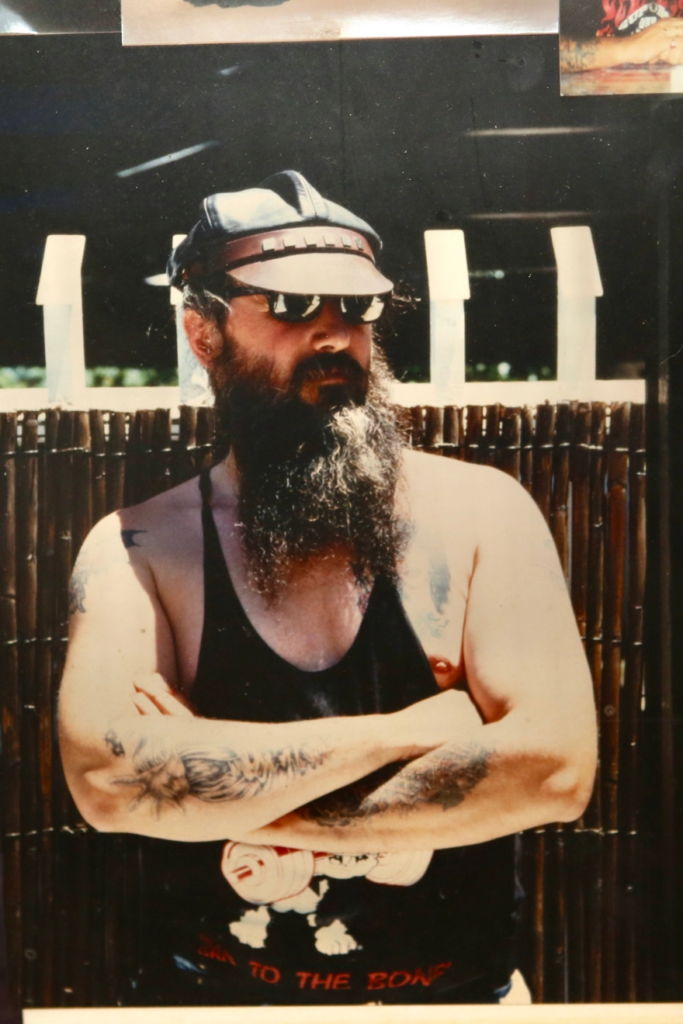
Early Years and Involvement with Baader-Meinhof
At 15, Rossikopoulos dreamt of the Hells Angels lifestyle. His need for adrenaline led him to dangerous paths. At 19, he was recruited by a Greek mathematician involved with the notorious Baader-Meinhof gang. Acting as a courier, Rossikopoulos delivered packages to specific locations under covert conditions. His anti-system stance and quest for thrills also led him to bank robberies.
Military Service and Imprisonment
A family ploy brought him back to Greece, where he faced mandatory military service and spent 285 days in military prison. He later served two years in civilian prison for drug-related charges, an accusation he claims was baseless.
Founding the Greek Chapter
In 1994-1995, Rossikopoulos and six others established the first Greek Hells Angels club. Their activities attracted police and intelligence agency attention. Despite challenges, he cherished representing Greece in international Hells Angels gatherings.
Strict Rules and Legacy
Rossikopoulos adhered to the club’s strict rules, emphasizing loyalty and honor. However, disillusionment with newer members’ attitudes led to his departure in 2005. Today, he reflects on a life of risk and freedom, stating, “I regret nothing.”

Even now, the Chief’s past remains a vivid part of his identity. “Once an Angel, always an Angel,” he says, envisioning his ashes resting in a motorcycle gas tank as his ultimate tribute.
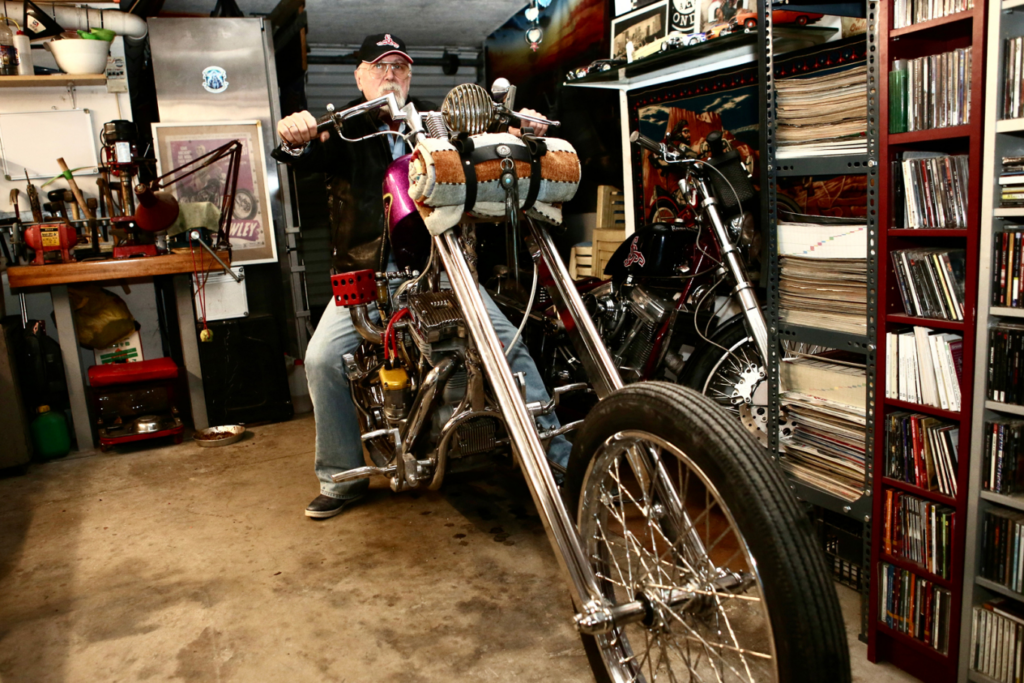
Ask me anything
Explore related questions
